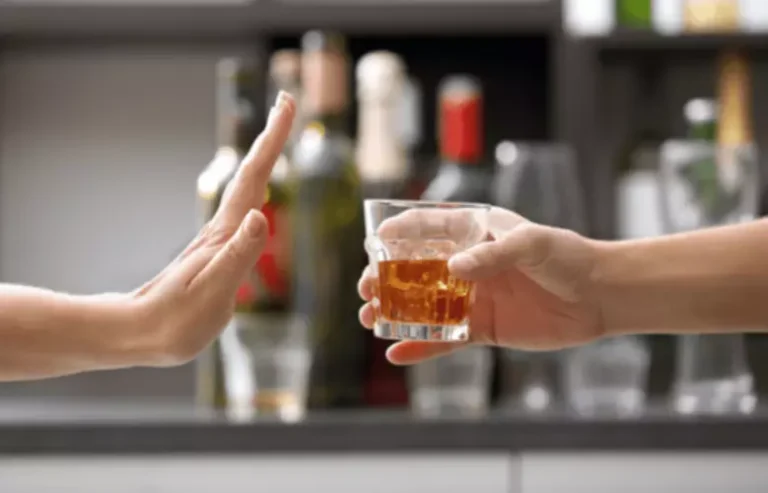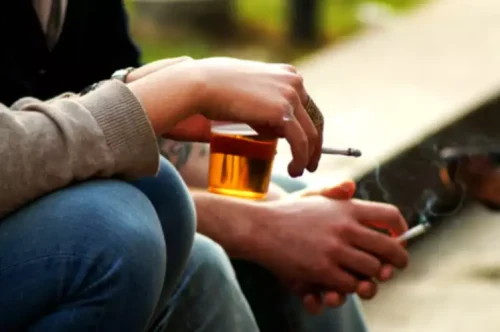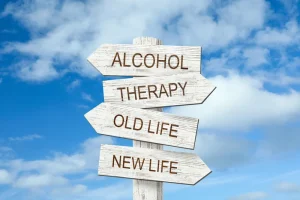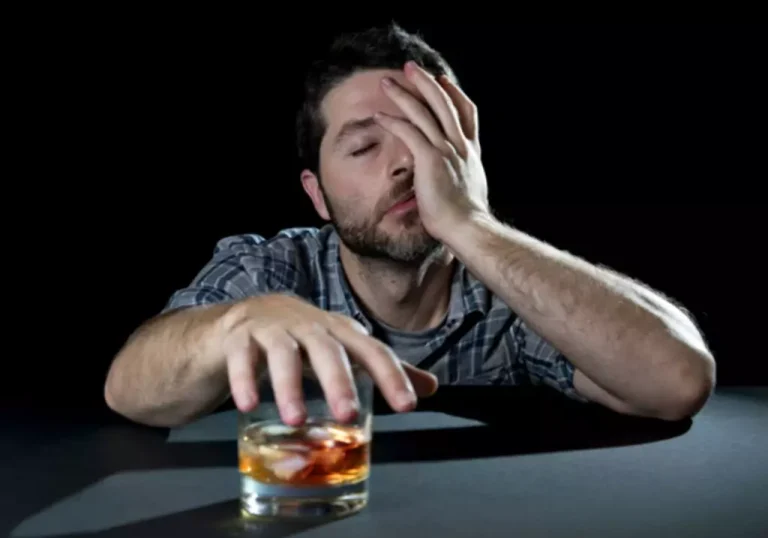
OBJECTIVE—In a randomized controlled trial, we assessed the effect of daily moderate alcohol intake on glycemic control in the fasting and postprandial states in patients with type 2 diabetes who previously had abstained from alcohol. Because of the effects alcohol can have on blood sugar control and other aspects of the disease, you face certain risks by drinking alcohol if you have type 2 diabetes that otherwise healthy people may not. Unfortunately, very few studies have excluded less healthy former drinkers from the abstention category, limiting the inferences than can be drawn from the stratification of data by abstention group. A reduction in risk being specific to female drinkers may be attributable to a number of factors. Firstly, female never drinkers may be less healthy than their male equivalents.
- Skill development training and practice, as well as feedback on specific patients, were identified as facilitators to both alcohol screening and intervention.
- People with diabetes should be particularly cautious when it comes to drinking alcohol because alcohol can make some of the complications of diabetes worse.
- Of these five studies, just two had strictly defined never drinking as lifelong abstention.
- In people with diabetes, the pancreas does not produce sufficient insulin (type 1 diabetes) or the body does not respond appropriately to the insulin (type 2 diabetes).
- The percentage of the population with diabetes increases according to age, reaching 26.8% in adults aged 65 and older.
Data Sources and Searches

Under the influence of excess glucagon, some of the free fatty acids are converted to ketone bodies and secreted into the blood, causing severe health consequences. If you can’t face food or you’ve been sick, drink as many fluids as you can, including some sugary (non-diet) drinks if your blood sugar levels are low. In addition to the direct effects on diabetes, negative interactions between alcohol and diabetes medications have been documented. For instance, the likelihood that alcohol will induce hypoglycemia is greater in the presence of sulphonylureas [14].

Drugs & Supplements

For example, if you have a glass of alcohol with dinner, choose roasted chicken, baked sweet potato, and sautéed spinach. The bottom line is that any person with diabetes who wishes to consume alcohol should first discuss it with a doctor.
The Direct Effect of Alcohol Consumption on Diabetes
- This notion is supported by observations made during a previously mentioned trial among diabetic subjects after a myocardial infarction, in which a significant increase in HDL was observed only after 9 months of alcohol intake (R. Marfella, personal communication).
- Leyvas, 32, washes cars or mows lawns for a few bucks, scrounging for something to eat and to help him buy drugs.
- To date, there has been only one published study investigating the efficacy of a brief alcohol intervention with diabetes patients.
- Medical experts have determined that even moderate drinking increases health risks for everyone, but for people with diabetes it holds unique short- and long-term dangers.
- Using a similar model of acute alcohol administration, Spolarics et al. [12] also reported reduced glucose uptake in some muscles (e.g., red quadriceps and soleus), but not others (e.g., gastrocnemius and white quadriceps).
Lastly, basal and GSIS are decreased in isolated islets from chronic alcohol-fed mice [100]. Thus, alcohol and its metabolites appear to have a consistent inhibitory effect on GSIS under in vitro conditions. Studies in humans and a variety of preclinical models indicate that acute administration of alcohol can lead to either a reduction or no change in the circulating concentration of glucose. This dichotomy can be largely explained by the nutritional state of the host at the time alcohol is administered (e.g., duration of the fast or lack thereof), the amount of alcohol administered and the resulting blood alcohol level (BAL).

Prior to this, he was Chief of Pediatric Endocrinology at Tripler Army Medical Center in Hawaii. Dr. Pinsker served as a physician in the United States Army in both Active Duty and in the California Army National Guard for more than 20 years. He completed a combined seven-year BS/MD program with Union College and Albany Medical College in New York. Dr. Pinsker is board certified in Clinical Informatics, Pediatric Endocrinology, and General Pediatrics. Patients with type 2 diabetes using insulin will need to be mindful of hypoglycemia, have fast-acting carbohydrates available, and should have someone who understands the signs and symptoms of hypoglycemia to help. With type 1 diabetes, the body does not create (or creates too little) insulin, which requires insulin intake through injections or a pump.
Diabetes and the Risks of Drinking Alcohol
Other effects can occur when combining certain statin drugs used to treat high cholesterol, such as Luvox (fluvoxamine), with antidepressants that can raise statin levels. People with alcohol use disorder also need to be aware of liver damage when combining with medications like Indocin. Generally, people should can diabetics get drunk not take stimulants (like Adderall) with other substances unless directed by their healthcare provider. Antihistamine drugs should also be avoided with others that slow or suppress breathing, including opioids and alcohol. If you’ve got a blood sugar meter at home, check your levels regularly the next day.
- Fleming and colleagues evaluated an intervention consisting of nurse-delivered brief advice split across two 15-minute sessions and followed up by two 5-minute telephone calls [48].
- Dr. Jordan Pinsker has served as our Chief Medical Officer since November 2023 after joining the Company as Vice President and Medical Director in April 2021.
- Drinking can also increase the risks of a range of other diabetes-related health conditions, including serious cardiovascular and neurological issues.
- If you drink, do it occasionally and only when your diabetes and blood sugar level are well-controlled.
- The risks depend on how much alcohol a person consumes, as well as the type.
- The results revealed that, compared to control participants, high-risk drinkers receiving brief advice significantly reduced their alcohol use at a 6-month follow-up [52].






